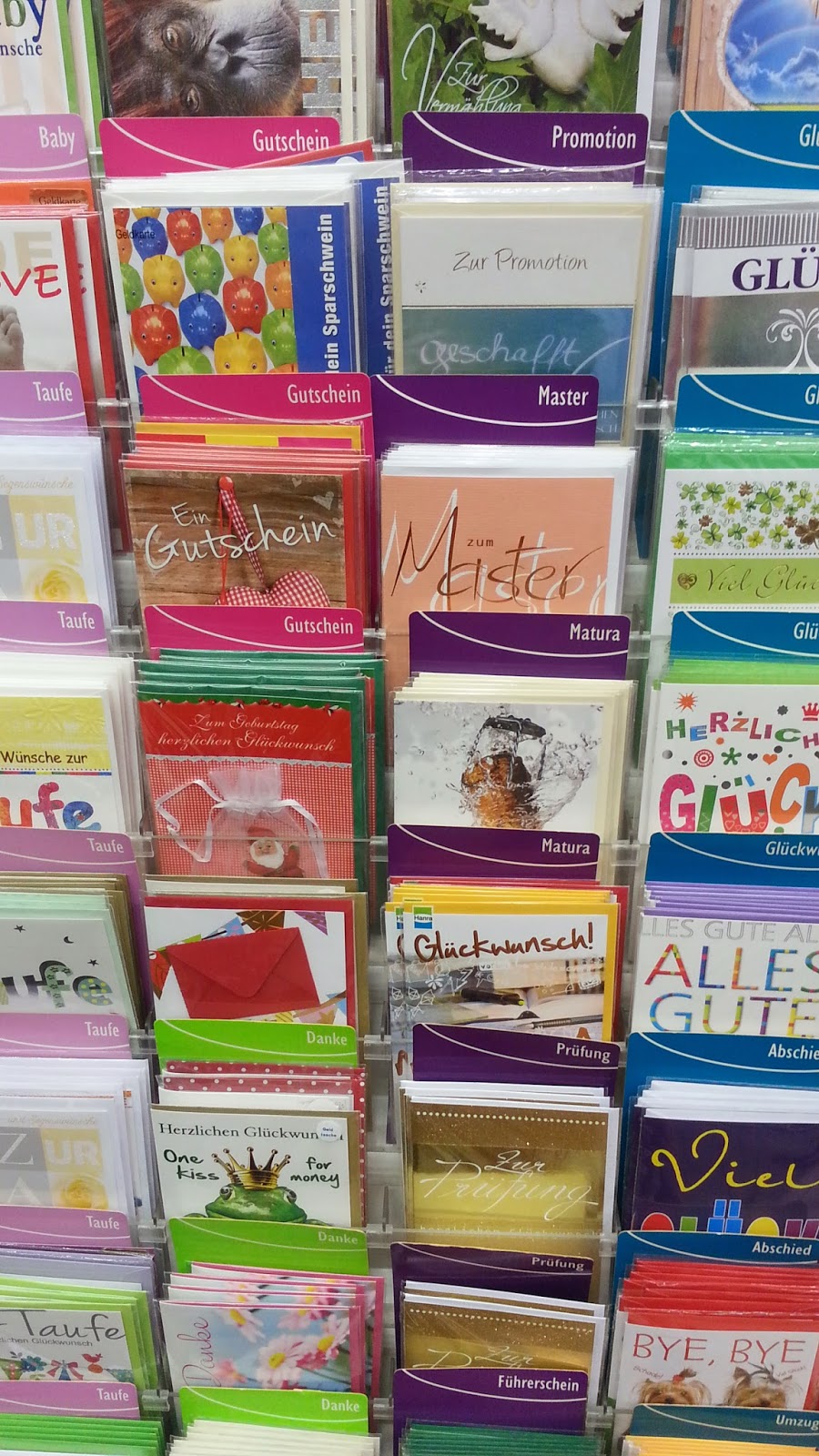---
First off, THANK YOU for taking the time
to follow me along during my time in Vienna. The fact that you wanted to be on
this newsletter list really touches my heart. Knowing that I have friends and
family across the globe praying for me is the most encouraging thing!
Since Austria is stereotyped as the land
of Schnitzel, Lederhosen, Sound of Music, and Mozart, I want to give you guys a
deeper look into the needs and culture of this amazing country ;)
As most of you know, I was born in
Salzburg, Austria, so the fact that God opened a door to go back to
Austria to serve the people in Vienna and practice my German was an absolute
dream! I arrived in the city the Saturday before Easter, and since then, it has
been a complete adventure with many ups and downs. I have seen beautiful
architecture, tried incredible food, and meet such beautiful people...but
I have also gotten lost more times than I care to admit (in forests and the
city), gotten frustrated with my German language skills, and
experienced deep bouts of loneliness and sadness. However, God has been using
this time to teach me about REST and what it means to rest in him throughout
the day. Even when I am working or volunteering, I am learning that nothing has
to be perfect as long as I am trying to do everything for HIS glory...and let
me tell you that is the most relieving concept in the world.
My hosts, the Johnsons, are a missionary
couple from the US, who have two sweet little girls and a crazy cute pup. They
have not only made me feel extremely welcome in their home and community, but
they have already taught me so much about what it looks like to serve as a
missionary in Austria! In Austrian culture, it takes a long time for people to
warm up to new ideas and strangers. Because of this, missionaries might have to
live in a community for years before they see progress in their ministry. It was
so encouraging to see their perseverance and trust that God had placed them in
this culture for a specific purpose, even if some days it seems hopeless.
So much has happened in the short 10
days that I have already been here, but a short list of my activities have
included:
- Meeting other Christians in the community
- Working with refugees at a Christian outreach center
- Ministering to prostitutes and their children in the center of Vienna
- Attending German class
- Discovering the city and going on prayer walks
- English tutoring outreach at an international church
- Rediscovering my Austrian roots
Although there is
incredible sadness in the stories of the refugees and prostitutes we come in
contact with, it is such an honor to be able to be God's hands and feet and
serve them in any way possible!
Prayer Request:
I want to ask you to please pray for the people of the city of Vienna. Many have completely rejected the idea of religion or are very ingrained in old, cold traditions that are very far from a personal relationship with the Lord. Please pray that they will be open and given the opportunity to see what Christ's love really looks like.
Also, please pray for my emotional health while I am here Austria. Going back to the country I was born in has brought up nostalgic and sad memories I thought I had dealt with long ago. I am so grateful to have the Johnson's to mentor and disciple me during this short time in Vienna, and I have already experienced incredible freedom in understanding what happened in my past to help me learn and grow for the future.
I want to ask you to please pray for the people of the city of Vienna. Many have completely rejected the idea of religion or are very ingrained in old, cold traditions that are very far from a personal relationship with the Lord. Please pray that they will be open and given the opportunity to see what Christ's love really looks like.
Also, please pray for my emotional health while I am here Austria. Going back to the country I was born in has brought up nostalgic and sad memories I thought I had dealt with long ago. I am so grateful to have the Johnson's to mentor and disciple me during this short time in Vienna, and I have already experienced incredible freedom in understanding what happened in my past to help me learn and grow for the future.
I hope you all have an amazing rest of
the week, and if I can be praying for you in ANY WAY, please send me a message!

















